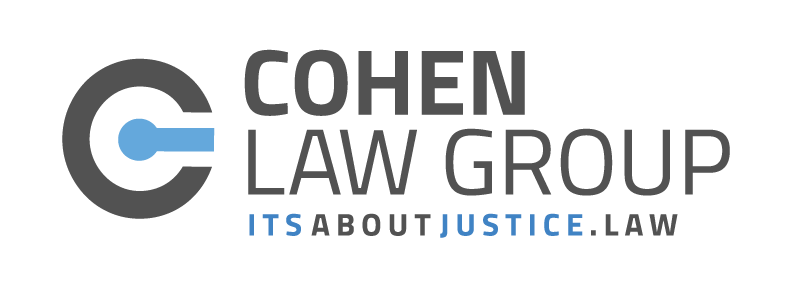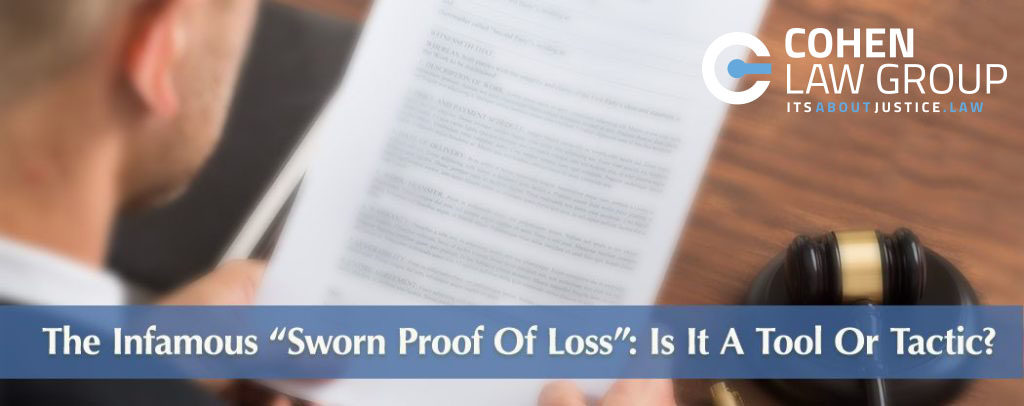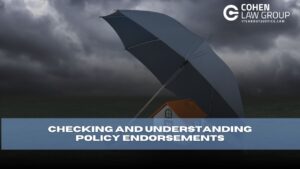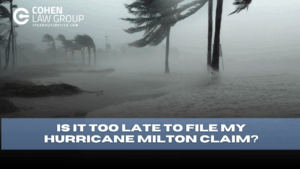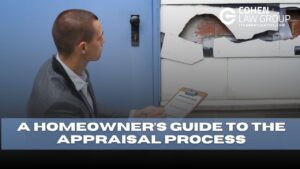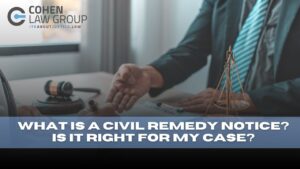The Infamous “Sworn Proof of Loss”: Is It A Tool Or Tactic?
We have fought off attempts by the insurance industry to change nearly a century of law upholding the validity of a post-loss assignment of benefits, and multiple attempts by the insurance industry to pass horrible legislation designed to help them profit at the peril of their insureds.
The right of homeowners to use post-loss assignments and the respective rights of assignee-service providers have been reaffirmed in every Florida District Court of Appeal. Unsurprisingly, the insurance industry refuses to acknowledge that assignments actually limit the insurer’s total liability due to the swift and effective work of great restoration companies.
As good as it feels to finally have many of the insurance industry’s tactics exposed for what they are; the war is not over.
The battles will now shift from challenges to assignments to the facts of the claim. One tactic favored by State Farm, for instance, is the defense of the homeowner not providing a Sworn Proof of Loss (“SPOL”) as a precondition to coverage and receiving claim benefits. This is very dangerous because only the homeowner-insured can submit a SPOL as part of the duties in the insurance policy that must be performed to protect the validity of the claim and your ability to secure fair payment from the insurance company.
This is not a “maybe,” it is a definite and absolute defense. When service providers have an assignment of benefits, they step into the shoes of the homeowner with all the rights they possess, but subject to all defenses the insurance company can raise in its attempt to thwart recovery of benefits. Contractors and service providers must be aware of the ramifications of the SPOL and how it can affect their ability to be paid from insurance benefits.
This is especially so when the insurance company is State Farm.
There are two alternative scenarios:
In the first scenario, the insurance company issues a written denial of coverage pursuant to a loss exclusion under the policy, of the usual suspect denials, like the all too familiar: “repeated and long term seepage and leakage, wear and tear, deterioration.”
In the denial of coverage scenario, the insurance company waives any claim that the homeowner needed to continue to perform any further “Duties After Loss,” such as submitting to an “Examination Under Oath” or submitting a “Sworn Proof of Loss.” It would be futile to force a homeowner to comply with duties that will aid the insurance company’s investigation of a claim when the insurance company has already made its decision – to denial of coverage and payment.
The reasoning is that the insurance company has already investigated enough to decide it will not make payment, so it makes no sense for the homeowner to continue to perform “Duties After Loss” just to go through the motions. Nevertheless, insurance companies deny coverage solely for the reason of loss exclusions under the policy and try to supplant a “Duty After Loss” basis for ridding of a lawsuit. Florida District Courts of Appeal and even the Florida Supreme Court have been swift to strike these arguments down.
The second scenario is where the insurance company extends coverage, but uses the insured’s failure to provide a Sworn Proof of Loss and/or Examination Under Oath to cause a forfeiture of coverage on a technicality. In Hunt v. State Farm Florida Insurance Company, 145 So. 3d 210 (Fla. 4th DCA 2014) the court granted summary judgment in favor of State Farm due to the homeowner’s failure to provide a Sworn Proof of Loss and the homeowner’s inability to prove that State Farm suffered prejudice in their ability to investigate the claim. It is questionable whether the homeowner presented any evidence of prejudice. This is where there is serious potential for future trouble and bad law.
The purpose of a homeowner’s “Duties After Loss” section in the insurance policy is to allow for the insurance company to investigate a reported loss using “reasonably necessary” means in order to make a coverage and payment decision on the claim within 90 days of receiving notice of the loss from the homeowner. Fla. Stat. § 627.70131(3) & (5)(a).
It logically follows that the insurance company would provide the Sworn Proof of Loss form to the homeowner prior to triggering an insured’s duty to perform that condition, however the law is not that clear. A court could interpret the Hunt case to require that a homeowner submit a Sworn Proof of Loss without it ever having been requested by the insurance company and without the homeowner having even been provided with the standardized form by the insurance company.
What can service providers with an assignment of benefits do when the proof of loss duty remains with the homeowner? Keep in good communication with homeowners and inquire if they are doing what the insurance company is asking them to do, like provide a proof of loss, to protect their claim – while steering clear of giving any claim advice or taking any action that could be considered unlicensed public adjusting.
It will be up to a jury to decide whether an insurance company was really prejudiced by not receiving a Sworn Proof of Loss and a gamble getting past the decision of a judge. Follow best practices like maintaining good communication with homeowners, providing great customer service, and ensuring that restoration jobs are thoroughly documented with reports and photographs.
These are the best ways to protect your right to proper payment for your work, and the best ways to help Cohen Law Group help you with your case.
DISCLAIMER: This website is for informational purposes only and does not provide legal advice. Please do not act or refrain from acting based on anything you read on this site. Using this site or communicating with Cohen Law Group through this site does not form an attorney/client relationship. This site is legal advertising. Please review the full disclaimer for more information by clicking here.
